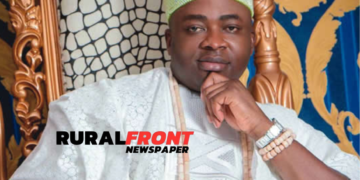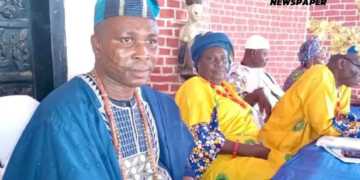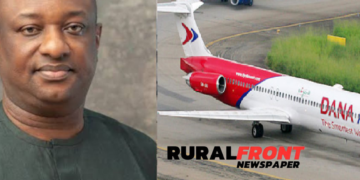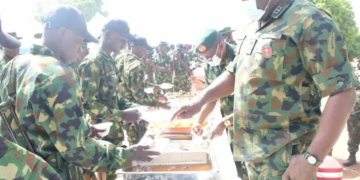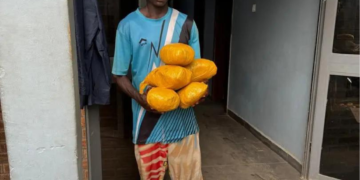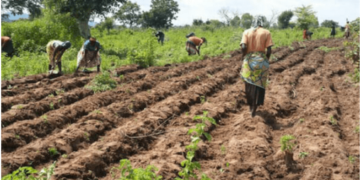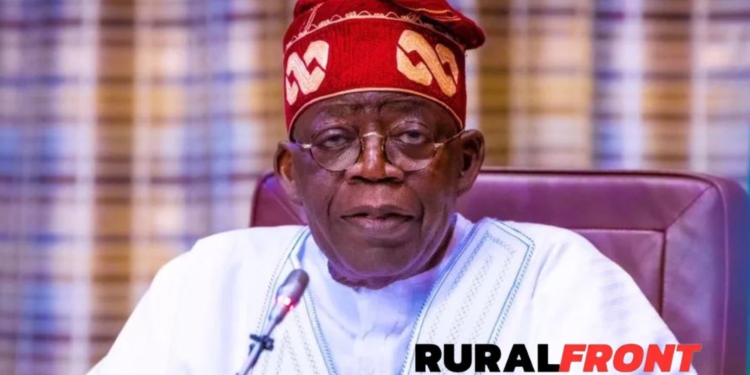President Bola Tinubu will seek additional consultations before making a final decision on the new national minimum wage for Nigerian workers.
Mohammed Idris, the Minister of Information and National Orientation, announced this at the conclusion of the Federal Executive Council (FEC) meeting in Abuja on Tuesday.
He mentioned that the report from the tripartite committee on the new wage was presented and discussed at the FEC meeting but was deferred to allow the President to consult further.
Idris stated that this would enable the President to make an informed decision before sending the bill to the National Assembly for consideration.
“We discussed the new minimum wage issue at the council meeting.
“The new national minimum wage is not just a federal government matter; it involves the federal government, state governments, local governments, and the organized private sector.
“And of course, the memo was deferred to allow Mr. President to consult further, especially with the state governors and the organized private sector,” he said.
The Minister of Finance and Coordinating Minister for the Economy, Mr. Wale Edun, also provided an update on government finances and debts, including ways and means.
“When we examine the figures for the first quarter of this year, starting from mid-December 2023 to the end of March this year; if we want to be optimistic, we can say the glass is half full.
“We are halfway there. If not, we can be pessimistic and say the glass is half empty. Why do I say this? The total debt stock of Nigerians in dollar terms fell by 15 percent, which is very positive.
“Any rating agency, creditor, or investor looking at that will see it as a positive move.
“We are a country with petrodollars, and we have the ability to earn in dollars. So it’s highly relevant that we look at our exposure in dollar terms,” Edun said.
According to him, on the other hand, the exchange rates increased by 8 trillion in actual debt issuance, and the total external debt and domestic debt in Naira terms had increased by 25 percent.
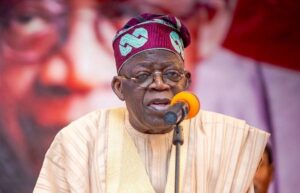
“That brings me to the foreign exchange movement, which can change tomorrow, as we know. Linked to that is the all-important question of the government’s capacity to pay its way.
“Debt is all about the revenue to service it, and of course, to use those funds properly, judiciously, accountably, and in a way that gives positive returns.
“At no time have we gone to Mr. President to seek permission to go to the Central Bank to pay anybody, be it external debt service, share capital cash calls, or any of the liabilities that the government has,” he said.
Edun explained that, as with all agencies, the government was focused on ensuring that the revenue due to it was collected robustly using technology, avoiding blockages associated with manual processing, which he said had led to a very robust revenue effort.
“Likewise, we are implementing debt or expenditure controls, also very ably empowered by technology.
“Mr. President inherited a legacy of N3.4 trillion in outstanding ways and means, which have been securitized on the eve of President Tinubu’s administration.
“We are conducting a forensic audit, interrogating that figure because it’s a liability on which we have to pay interest. So, any deficit that you might see in the consolidated revenue account may be an automatic debit on a figure that is still being interrogated,” said Edun.
Coordinating Minister of Health and Social Welfare, Prof. Muhammad Pate, also mentioned that the Council approved the upgrade of key infrastructure in the country’s healthcare system.
He said that the Council approved the engagement of a transaction adviser to develop a public-private partnership (PPP) to expand, modernize, and refurbish equipment in six teaching hospitals.
The hospitals are: University of Nigeria Teaching Hospital, Enugu, University of Uyo Teaching Hospital, University College Hospital Ibadan, National Hospital Abuja, Abubakar Tafawa Balewa University Teaching Hospital, and Usmanu Danfodiyo University Teaching Hospital, Sokoto.
“That is a massive upgrade of infrastructure. The transaction adviser will develop a full business case and then return to the Council for approval for mobilization to execute the contract over the next 12 to 20 months.
“The second item is the expansion of the pathology lab and the mortuary at the University College Hospital, Ibadan. The contract was awarded, and it also includes building hostels for nurses and other health professionals. That is under a PPP arrangement,” said Pate.
He provided an update on diseases affecting the country, particularly Cholera, which he said was discussed extensively, in addition to the emergence of yellow fever in Bayelsa.
He said the National Centre for Disease Control was working with Lagos State, which has a very strong institutional ability to contain the disease.
“The Attorney-General of the Federation (AGF) and Minister of Justice, Mr. Lateef Fagbemi, announced that the Federal Government has approved the procurement of Mikano CNG vehicles for the National Drug Law Enforcement Agency (NDLEA).
He also mentioned that the council approved the purchase of two full-body scanners for Lagos and Abuja International airports.
Additionally, Minister of Works David Umahi provided an update on road projects nationwide, assuring that by October, most of the ongoing road construction and rehabilitation would be completed.”





